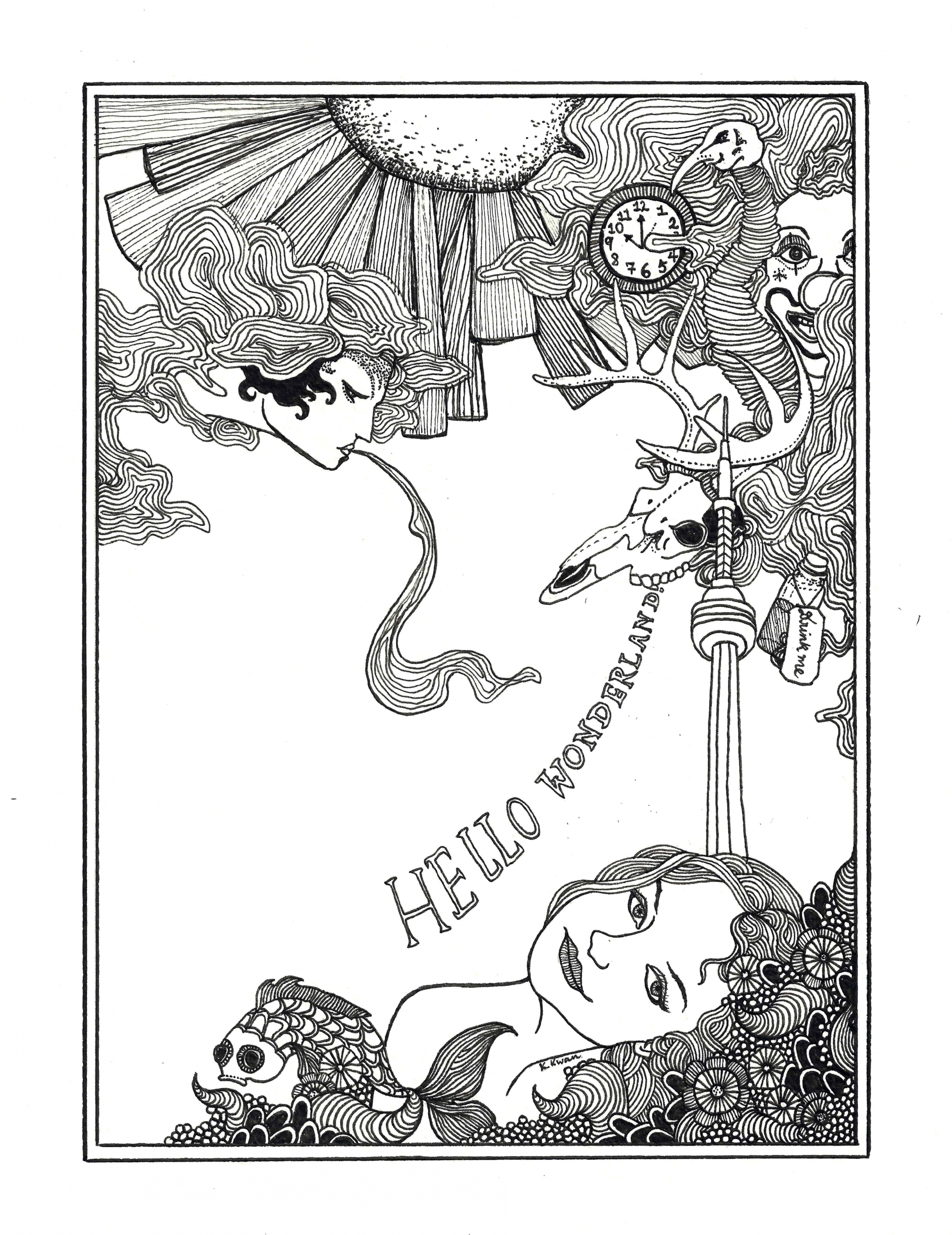A study in the September issue of the Journal of Psychopharmacology found that high doses of the hallucinogen psilocybin, the main psychoactive ingredient in “magic mushrooms” or “shrooms” led to a stable increase in Openness in personality. This may not come as a shock to people familiar with hallucinogens, but it is quite the eye-opener for personality theorists. Many personality theorists believe that personality traits are stable and unlikely to change after adulthood. Since psilocybin mushrooms are known to trigger life-altering changes in behaviours, beliefs, and values, the researchers used it to see if it could change the Openness personality trait in adult participants between the ages of 24 to 64.
Participants were given multiple sessions over the course of a few weeks and had changes in their personality measured using the NEO Personality Inventory (NEO-PI). Researchers assessed the participants’ levels of Openness, Conscientiousness, Extroversion, Agreeableness, and Neuroticism (abbreviated OCEAN). The double-blind study divided participants into moderate and high doses and issued questionnaires afterwards to gather information regarding the participants’ altered state of consciousness and level of mystical experience. Interestingly, there was also a scale called APZ that was designed to include states of consciousness that arise from hallucinogen use.
All participants reported feeling as though they had a “mystical” experience throughout the session, referring to the extraordinary psychical effects of the drug. When researchers followed up on high dose participants a year later, they found that Openness, the criteria that describes tendency towards creativity, imagination, curiosity, and intelligence, remained higher than initially reported. Cheesy as it sounds, psilocybin seems to deliver the infamous sense of “oneness.”
This observation of psilocybin influence on the mind is not the first of its kind. A study published in the same journal in May also found a strong reaction amongst participants. Similarly, when these researchers followed up a little more than a year later, all but two participants reported experiencing improved social relationships, increased physical and psychological self-care, and increased spiritual practice.
The idea that personality may be more malleable than we think makes some consider the idea that there is a mental universe that can only be accessed with hallucinogens like psilocybin. Is it silly to think that a person needs to take these “mind-blowing” substances to make absurd observations about an already absurd world? Or even if you have mystical experiences while sober, how would you know when you’ve reached the limit? Could altered states of consciousness really help you get over hardships in your life or overcome unrequited love?
When all is said and done, is it really the best way? Some philosophers might argue that hallucinogens are just another vice that impairs a person’s true connection to reality. It could be the case that a person loses virtue by relying on a hallucinogenic crutch for introspection. Then again, this judgement could be short-sighted. The morality behind the use of psilocybin is complex. But if studies like these reveal how mystical experiences can bring you closer to who you are, then maybe signing up for these supervised studies might not be such a bad idea.


